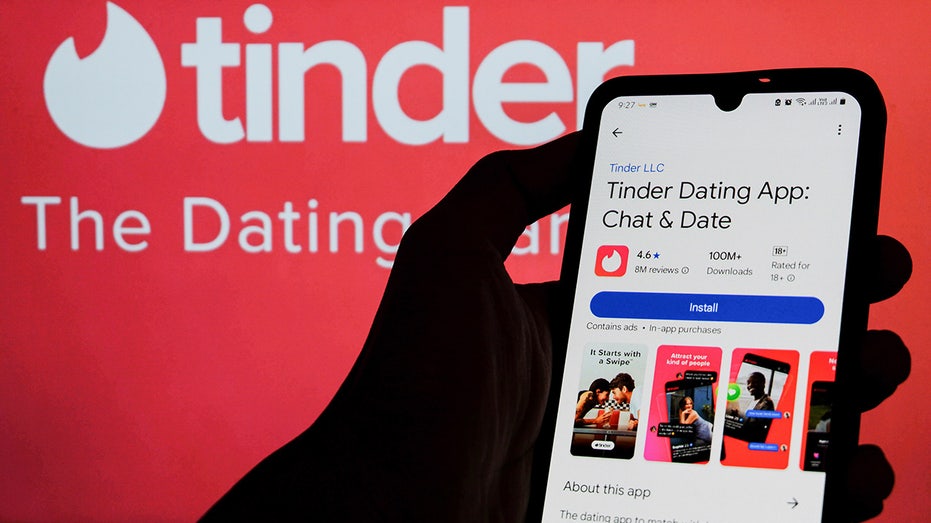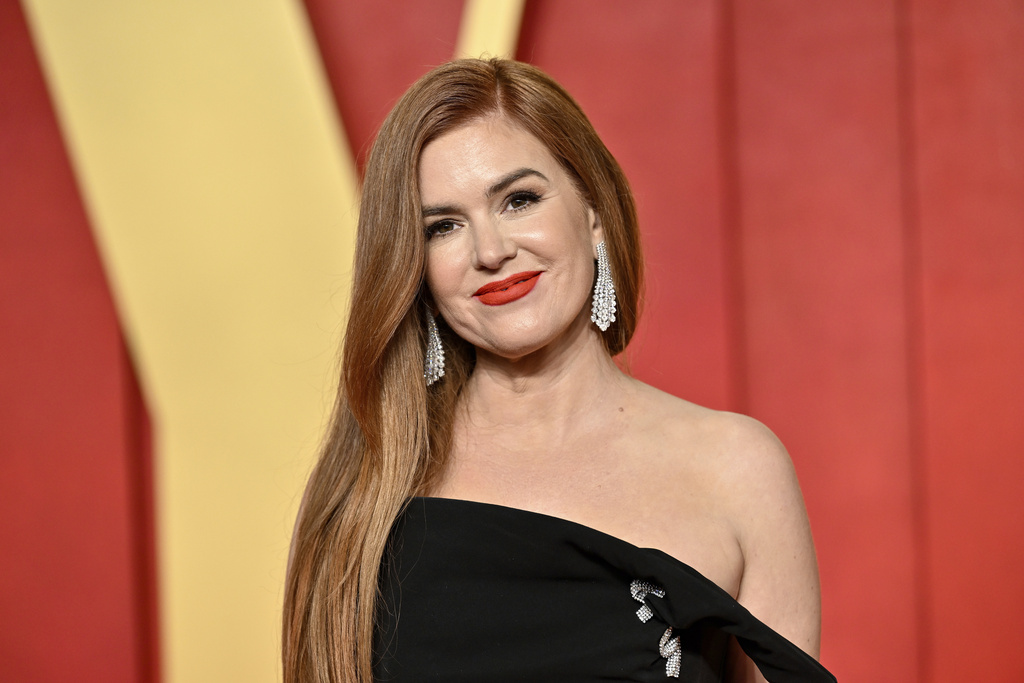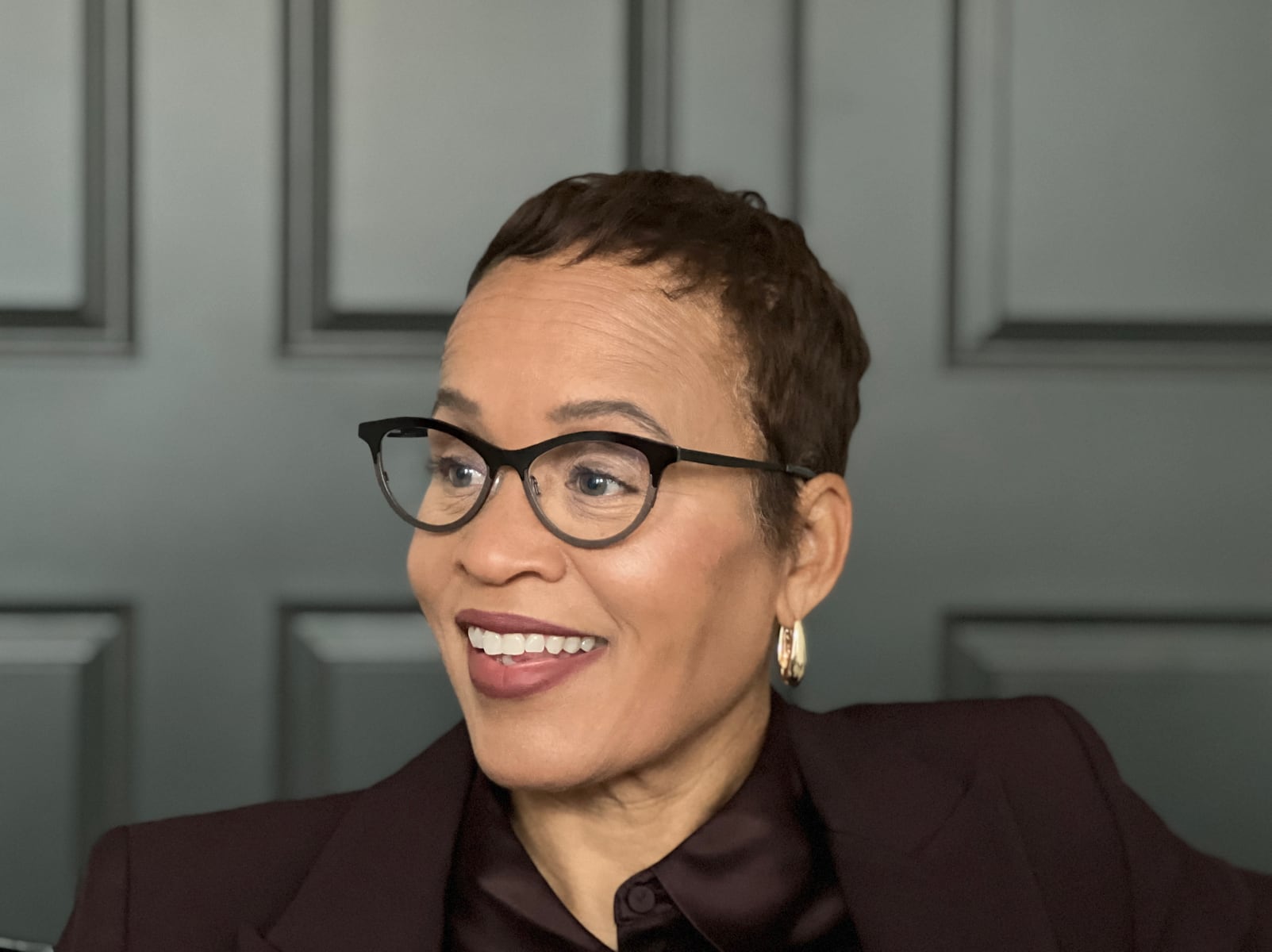
UPDATE: New insights reveal that many Gen Z men are increasingly hesitant to date due to the pervasive fear of being filmed and publicly shamed. This phenomenon, described as a “Cold War” between the sexes, underscores an urgent shift in dating dynamics fueled by social media.
As highlighted by Dr. Nicole Saphier on “Fox & Friends Weekend,” the rise of platforms like TikTok and the trend of sharing personal dating experiences online have left young men feeling “scared” to engage in romantic pursuits. Recent comments from Eli Thompson, a recent high school graduate, emphasize this growing concern. He stated, “Normal interactions feel risky,” citing the constant threat of being recorded and ridiculed.
The overwhelming presence of social media has transformed the dating landscape for Gen Z, prompting a significant number of young men to reconsider their approach. Thompson elaborated, saying, “The threat of public shaming makes normal interactions risky,” a sentiment echoed by many across various platforms. This fear is not just a personal issue; it has the potential to deepen divisions between genders, leading to a lack of empathy and increasing mistrust.
A staggering 37% of Gen Z individuals now identify as celibate, with 68% of men attributing this to inflation and 64% of women pointing to political differences. This data reflects a fundamental shift in how young people view relationships in the context of societal pressures.
Thompson’s observations indicate that Gen Z men often second-guess their words and actions in dating scenarios, constantly worrying about how they might be perceived. This insecurity has transformed dating interactions into what he describes as “games of defensive accusation,” creating a culture where accountability is lacking and cruelty is often rewarded.
Social media has exacerbated these challenges, with women frequently sharing their dating experiences online, from “get ready with me” videos to dinner dates. Thompson argues this trend fuels mistrust and transforms romantic encounters into battlegrounds, further alienating young men from pursuing meaningful relationships.
“We need to establish consequences for digital cruelty,” Thompson emphasized, highlighting the need for a cultural shift that recognizes the harm caused by online humiliation. The urgency of this issue cannot be overstated; as social media continues to evolve, so too must our understanding of its impact on real-life interactions.
In the face of these challenges, it’s crucial for society to address the implications of digital exposure on dating. As Gen Z navigates this complex landscape, the call for empathy and understanding becomes more pressing.
This developing narrative highlights the urgent need for dialogue around dating norms and the influence of social media on personal relationships. As these trends unfold, society must confront the realities of modern dating, ensuring that healthy interactions can thrive in an increasingly digital world.
Stay tuned for more updates on this topic as the conversation evolves.






